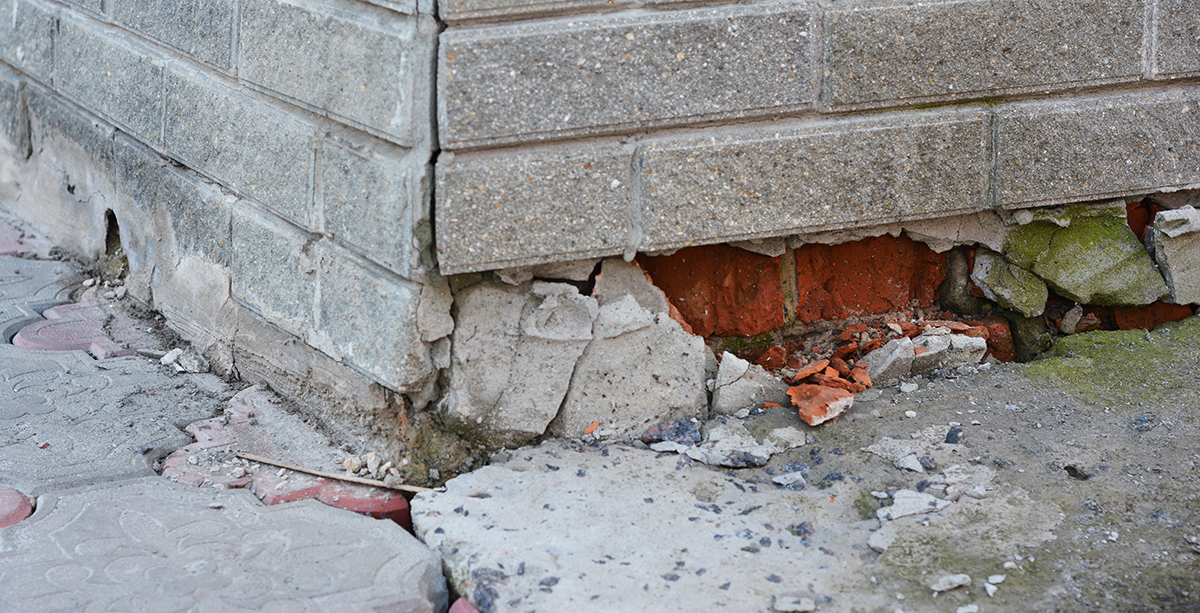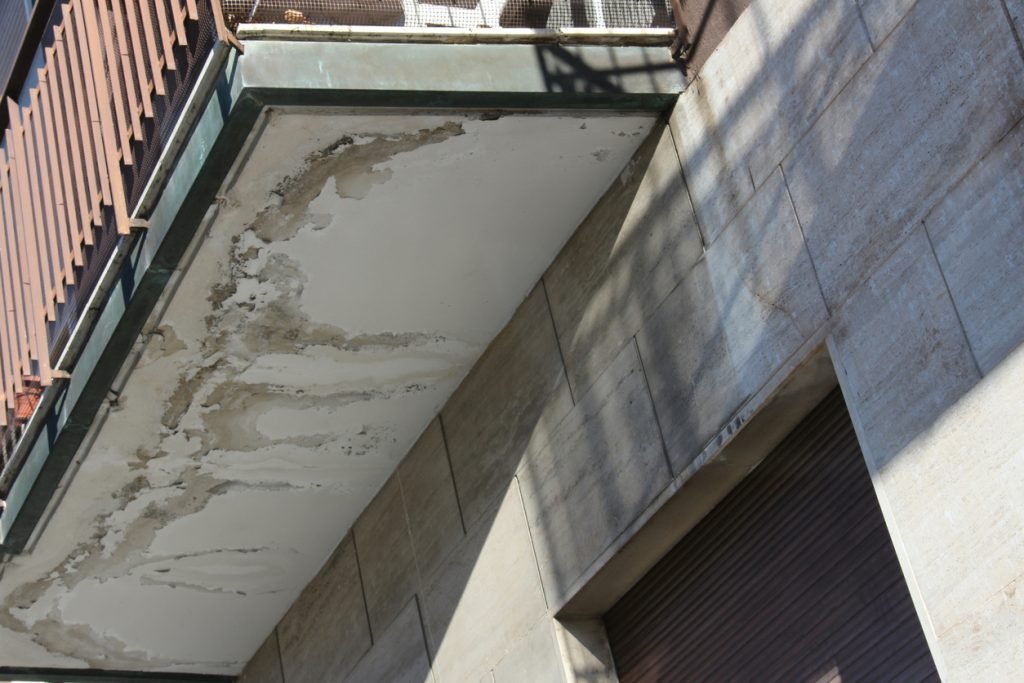Introduction
In New South Wales, when someone dies, their will often needs a legal nod called probate before their stuff can be given out. It’s all about getting a green light from the court, letting the executor handle things as the will says. But sometimes, folks worry if a will’s legit and try to stop this court approval.
In such cases, lodging a probate caveat with the Supreme Court of NSW is a crucial first step to protect your interest in the deceased estate. A probate caveat acts as a legal notice to the Court, effectively halting the probate proceeding to allow time to investigate the will’s validity. This guide will explore how a probate caveat can be used to protect your interest and stop a grant of probate in NSW.
Understanding Probate Caveats
What is a Probate Caveat?
A probate caveat is a legal notice that effectively stops the probate process. Probate is the legal procedure used to validate a deceased person’s will, allowing their estate to be managed by the executor.
In legal terms, a caveat serves as a formal warning that suspends proceedings until the individual who lodged the caveat is heard. Therefore, a probate caveat halts the validation of a will through a grant of probate, providing the caveator with the opportunity to challenge the will’s validity.
Purpose of a Probate Caveat
The main purpose of a probate caveat is to prevent a grant of probate from being issued. When someone has reason to challenge a will, they can lodge a probate caveat with the Supreme Court of New South Wales. By doing so, it stops an executor or administrator from obtaining a grant of probate to manage the deceased estate.
This legal tool allows the caveator time to demonstrate the will’s invalidity, ensuring that proper challenges can be raised before the estate is managed.
Get legal advice you can rely on.
Contact us today.
Grounds for Lodging a Probate Caveat
Challenging Will Validity
A probate caveat is a legal notice used to prevent a grant of probate from being issued when there are valid grounds to challenge the will itself. It’s important to understand that a probate caveat is not the appropriate mechanism to dispute the terms or provisions of a will. Instead, it is specifically for situations where the validity of the will document is in question.
Valid Grounds for a Caveat
There are specific circumstances where a will’s validity can be challenged, providing grounds for lodging a probate caveat. These grounds typically revolve around factors that question whether the will truly represents the deceased’s testamentary intentions. Valid grounds include:
- Improper Execution: If the will was not correctly executed, meaning it wasn’t signed and witnessed according to legal requirements, its validity can be challenged.
- Forgery: A probate caveat is appropriate if there is suspicion that the will is not genuine and has been forged.
- Fraud: If the will was created as a result of fraudulent activity, this can be grounds to challenge its validity.
- Undue Influence: Where the will-maker was pressured or unduly influenced by another person when making the will, the will’s validity may be contested.
- Lack of Testamentary Capacity: If the will-maker did not have the required testamentary capacity, meaning they did not understand the nature and effect of making a will at the time of signing, this is a valid ground for a caveat.
By understanding these valid grounds, individuals can make informed decisions about whether to lodge a probate caveat to protect their interests in a deceased estate.
Who Can Lodge a Probate Caveat in NSW?
Legal Interest in the Estate
In NSW, only individuals with a legitimate interest in the deceased estate or those considered affected persons can lodge a probate caveat. The NSW Supreme Court Rules clearly outline these eligibility criteria.
Generally, the following individuals are eligible to lodge a probate caveat:
- Beneficiaries of the estate: Those named in the will to receive assets.
- Family members of the deceased: Immediate family members who have a direct interest in the estate.
Additionally, the court in Poulos v Pellicer In the Estate of Culina (2004) NSWSC 504, noted that anyone with an interest, or a reasonable prospect of an interest, even if remote, is entitled to lodge a probate caveat. This means that even those with a potential future claim can take action to protect their interests.
Ineligible Caveators
Certain individuals are not eligible to lodge a probate caveat. Specifically, the following groups cannot lodge a caveat:
- Individuals intending to make a family provision claim: Those who plan to request additional provisions from the estate through a separate legal process.
- Creditors of the deceased: Those seeking repayment for debts owed by the estate.
Furthermore, a probate caveat is not the appropriate legal tool for those wishing to dispute the terms of the will. If you aim to challenge the provisions within the will, alternative legal avenues must be pursued.
How to Lodge a Probate Caveat
Acting Quickly
Lodging a probate caveat requires prompt action. A caveat on probate cannot be lodged after the Court has issued a grant of probate. Acting quickly is essential to prevent the distribution of assets to beneficiaries before your concerns are addressed. To protect your interest in the deceased estate, it is important to lodge a caveat as soon as possible.
The Lodgement Process
To file a probate caveat, follow these steps:
- Submit the Required Form: Complete and submit the necessary forms to the Supreme Court of New South Wales.
- Pay the Filing Fee: Ensure that the applicable filing fee is paid when submitting your caveat.
- Seek Legal Advice: It is highly recommended to consult with a solicitor or an expert in wills and estates law. Legal advice will help ensure that your caveat is correctly prepared and lodged. Contact PBL Legal today for assistance with protecting your estate.
- Meet Procedural Requirements: Legal assistance will also help you meet all procedural requirements, ensuring that your interests are protected throughout the process.
By following these steps, you can effectively lodge a probate caveat and safeguard your interests in the deceased estate.
Removing a Probate Caveat
Lapsing of a Caveat
A probate caveat does not remain in place indefinitely. Typically, a caveat remains effective for six months from the date it is lodged. After this period, the caveat will automatically lapse, allowing the probate proceedings to continue if no further action is taken to extend the caveat or resolve the issues.
Additionally, a caveat may lapse earlier if the interest claimed by the caveator is satisfied. For instance, if the parties reach a resolution and the caveator’s concerns are addressed, the caveat can be removed before the six-month period concludes.
Court Order or Withdrawal
There are circumstances where a probate caveat can be removed before it lapses after six months:
- Court Order: An applicant for a grant of probate can apply to the Supreme Court to have the caveat removed. They must argue that the caveator does not have a legitimate interest in the estate. The Supreme Court will then make a ruling to remove the caveat if appropriate.
- Voluntary Withdrawal: A caveator can choose to voluntarily withdraw their caveat. This typically occurs when the caveator and the applicant for probate reach an agreement or when the caveator decides to no longer pursue their challenge to the will. To withdraw a caveat, the caveator must lodge a Withdrawal of Caveat form with the NSW Land Registry Services, signed by either the caveator or their solicitor.
There are three primary ways to remove a probate caveat:
- Order of Court
- Agreement between Parties
- Voluntary Withdrawal by the Caveator
By understanding these options, individuals can effectively manage the status of a probate caveat and ensure that probate proceedings proceed smoothly.
Speak to a Lawyer Today.
We respond within 24 hours.
Conclusion
In essence, a probate caveat is a critical legal tool in NSW for individuals contesting a will’s validity to safeguard their estate interest. By lodging a caveat with the Supreme Court of New South Wales, the grant of probate is stopped, preventing estate administration until will validity is determined. Valid grounds for a caveat include issues like improper execution, forgery, fraud, undue influence, or lack of testamentary capacity.
For navigating probate law and lodging a caveat, seeking expert legal advice is essential. Our team’s probate expertise ensures tailored guidance and robust representation to effectively protect your estate interest throughout legal proceedings. Contact our team today for guidance on protecting your estate interests.
Frequently Asked Questions
After you lodge a probate caveat, you have a period of six months from the date of lodgement to formally challenge the validity of the will. During this time, the probate proceeding is halted, and the grant of probate cannot be issued. This halt provides you with the necessary time to prepare and present your case against the will’s validity.
A probate caveat generally remains in effect for six months from the date it is lodged with the Supreme Court. Unless the Court orders otherwise or an extension is granted, the caveat automatically lapses after this period.
No, a probate caveat is not the appropriate tool to dispute the specific terms or provisions of a will. A probate caveat is intended for challenging the validity of the entire will document, based on grounds such as fraud, undue influence, or lack of testamentary capacity.
If you are not eligible to lodge a probate caveat but disagree with the will, it is important to seek legal advice from a solicitor. They can assess your situation and advise you on other potential legal options, such as making a family provision claim.
While it is not strictly mandatory, it is highly advisable and practically essential to seek legal advice from a solicitor before lodging a probate caveat. The complexities of the legal process and the potential risks of improperly lodging a caveat make legal representation highly advisable. Contract PBL Legal today for expert guidance on protecting your estate.
![]()






